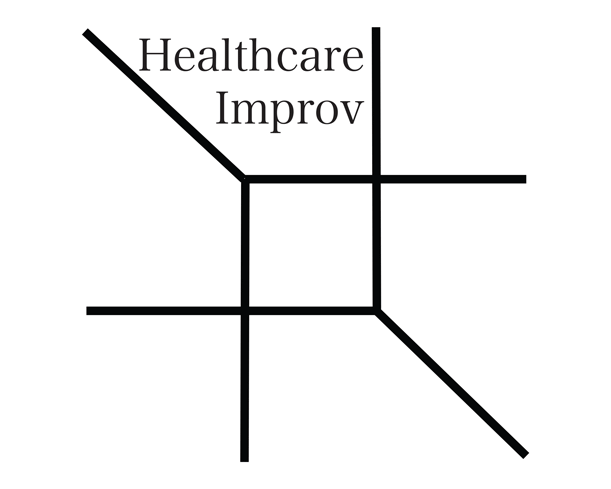laughter is the shortest distance between two people
Well, I made it through COVID OK and am thankful. Last week’s thoughts became much more challenging as the week in the basement pressed on. I got out of quarantine and then the next day, there was a severe weather storm, so I had to go back in the basement! This time the power went out though. The power came back later that night, and everything was fine. There was plenty to complain about and also there was plenty to be thankful for. We will do quick run-down of events and some thoughts for this week. Here we go
There were some significant highlights last week. I did Grand Rounds for Emergency Medicine. It was a fun bunch, and I enjoyed their insights as we did some exercises and discussed the ideas that make improv so useful to people in healthcare. It was the first time that I have done an hour long talk that incorporated information and practiced exercises. It was different than doing an abbreviated workshop. They were a fun group, and I enjoyed the experience. Friday was the class show for the first ever Intro to Improv for Healthcare Professionals. Teaching this class has been a highlight of Fall 2021 for me. Each class I had a moment or two where I reflected about how much fun it was to be able to coach improv. I have two meetings today to plan workshops this spring. Those are always enjoyable to start to create new workshops and experiences. Then the first Level 2 Improv for Healthcare professionals class starts back at it tonight. Then the holidays. I think I am going to try to write regular blog entries on Mondays, rather than the Friday at 5PM that is typically associated with the delivery of bad news. This is meant to be positive, not negative. Therefore, the timing shall be adjusted accordingly!
This week I am thinking about the balance between laughter and serious reflection in all of the events that we put on, on the social media posts, and general approach to what Healthcare Improv is. I think different people have different ideas on what an event using improv entails, but most people do anticipate it delivering humor. I think a more limited number of people anticipate the improv activities being used for serious reflection. I think the conclusion that I drew when discussing these ideas with the Emergency Medicine group last week is that improv forces you to find connections with your scene partner that results in laughter on stage. At work in the hospital, I must take care of the patient’s health needs but the benefit of finding connection with patients is a sense of meaning in how I spend my time. That can be a result of a shared laugh, but it can also be a moment of understanding, a shared moment of humanity, or being the support for a patient’s family member. Improv is a fun way to practice finding that connection that provides laughs on stage and provides meaning to my days in the hospital. My former program director always said that burnout was not the result of too much work but instead was the result of too little meaning in the work that is being done. The acts of creating laughter on stage and creating meaningful exchanges at work may seem quite disparate but I would argue cuts to the core of the similarities. The communication principles that are taught in professional school training on communication are essentially the same principles used to help you through an improv scene. Improv also has the benefits of helping people become comfortable with the unknown. At my show last Friday, I had a moment after I hopped out on stage where I thought how much I enjoy not knowing what was happening but comfortable enough that I was going to figure it out using the principles I have practiced thousands of times prior. That was obviously not always the case. Just like I have not always connected with patients. My focus used to be getting the data needed to make medical decisions. Improv has shown me that someone can be the funniest person in the world but if they are unable to integrate that humor meaningfully with their scene partner, it doesn’t do much good for creating laughs on stage. Similarly, someone could be the smartest doctor in the world, but if they are unable to help the patient and the whole team connect to the relevant medical information, that knowledge in the doctor’s head is meaningless. Laughter is an easy way a connection can be made, but the principles from long form improv work to develop connection in any setting, whether the goal is laughter or increased meaning in your work.

